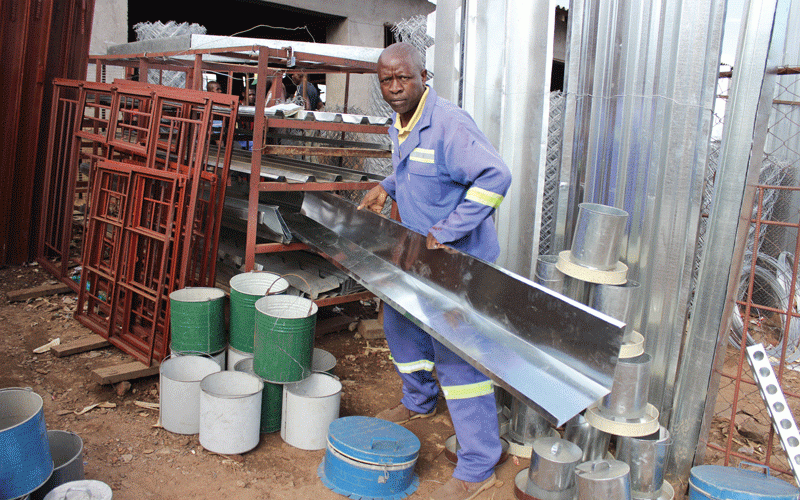
By Business Reporter
THE Postal and Telecommunications Regulatory Authority of Zimbabwe (Potraz) has revealed in its second quarter report that the country’s telecommunication industry is under threat from rising costs and depressed demand.
The report showed that operating costs out-grew revenues more than five-fold.
“Revenue generated by the mobile telephone networks grew by 45,8% to record $3 billion from $2,1 billion. At the same time, total mobile network operating costs grew by 217,7% to record $16,1 billion from $5,1 billion recorded in the previous quarter,” Potraz director-general Gift Machengete (pictured) said.
The reasons for the escalating costs include runaway inflation, high input costs, licence fees, local currency devaluation and foreign currency shortages.
This was on the back of the sector’s total number of active mobile subscriptions declining by 6,7% in the quarter to 12 798 298, from 13 724 522 in the previous quarter as the industry bore the brunt of the depressed economy, worsened by the coronavirus epidemic and the resultant national lockdown. It resulted in the mobile penetration rate similarly declining by 6,4% to 87,8%, from 94,2% recorded in the previous quarter.
In the period under review, the internet penetration rate also declined by 2,4% to 56,7%, down from 59,1% recorded in the previous quarter.
Machengete said the decline in active internet subscriptions may be attributable to the depressed demand in the economy, at both household and industry level.
- Chamisa under fire over US$120K donation
- Mavhunga puts DeMbare into Chibuku quarterfinals
- Pension funds bet on Cabora Bassa oilfields
- Councils defy govt fire tender directive
Keep Reading
“COVID-19 had a direct impact on the operations of both the formal and informal sectors, thus negatively affecting real disposable incomes,” he said.
Machengete also noted that it was critical for various stakeholders, including the government, to come up with urgent measures to save the industry from collapse.
“The COVID-19 pandemic has demonstrated the critical importance that telecommunications infrastructure plays in keeping businesses, governments, and societies connected and running,” he said.
“The sector has been critical in keeping the economy running under the lockdown by providing business-critical connectivity and resilience, facilitating work-from-home arrangements, e-banking, e-commerce and keeping individuals and societies connected and informed, with access to essential services during mandated social isolation,” the Potraz boss added.











